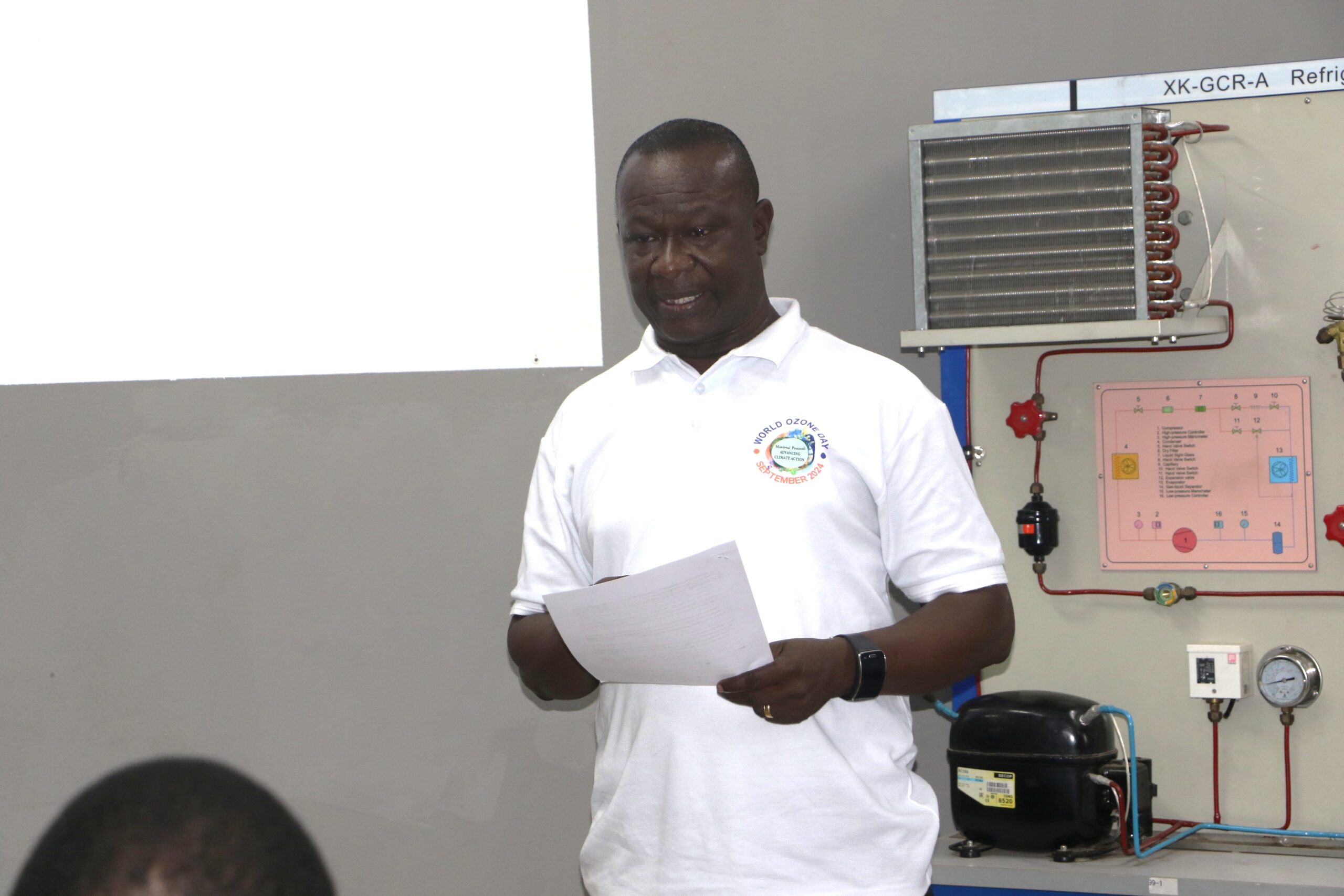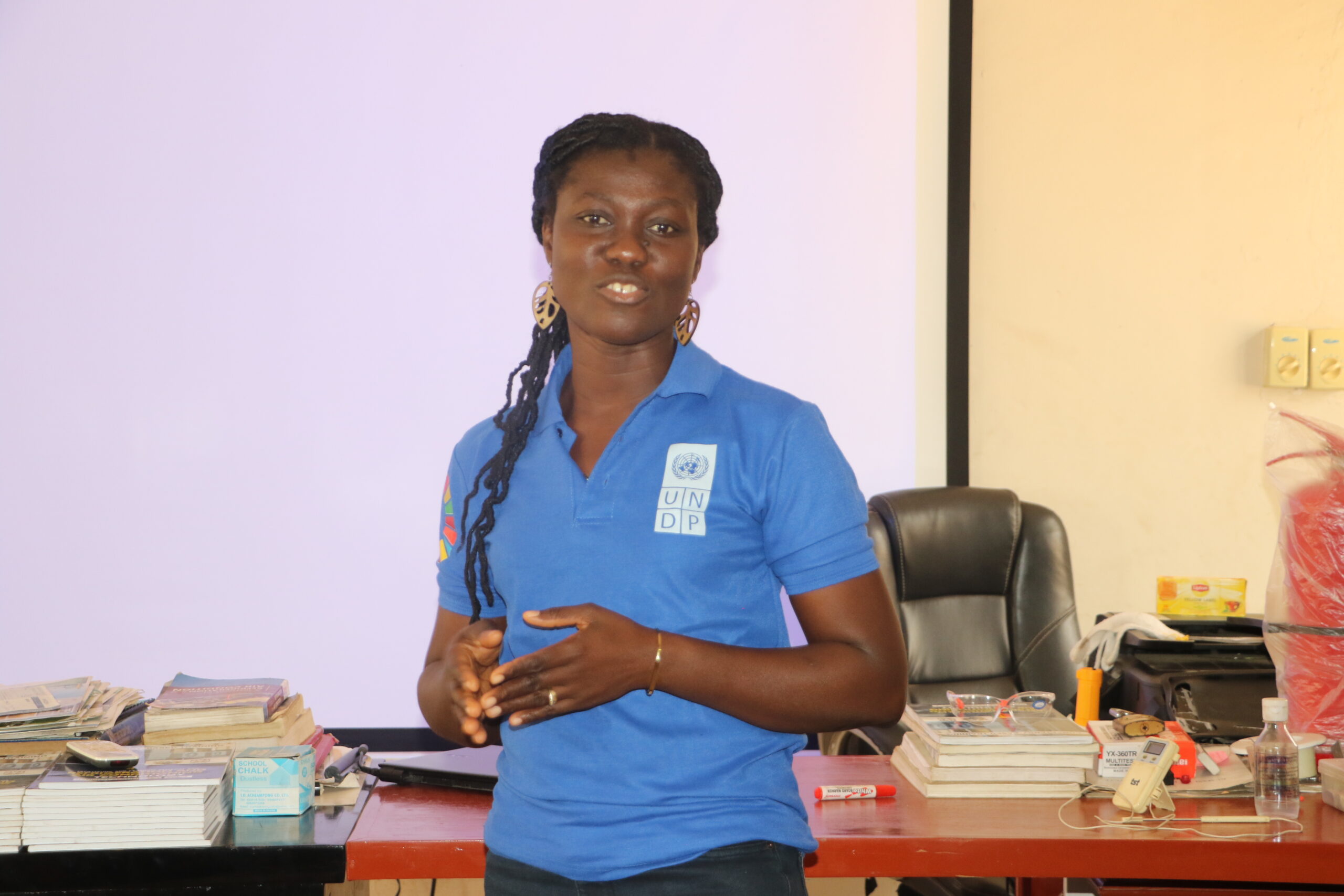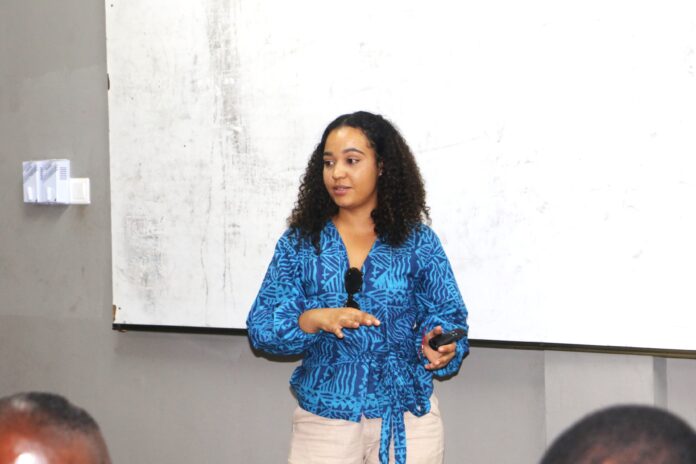Importers of refrigerants and cooling appliances in Ghana have received specialised training aimed at promoting climate-friendly cooling and reducing the country’s greenhouse gas emissions.
The Environmental Protection Agency (EPA) Ghana, in partnership with UNDP Ghana and with funding from the Multilateral Fund, organised two sensitisation workshops in Accra (July 2–3) and Kumasi (July 15–16) under the Institutional Strengthening Project (Phase XVI).
The sessions brought together key players in the Refrigeration and Air Conditioning (RAC) sector to deepen awareness of Ghana’s obligations under the Montreal Protocol and the Kigali Amendment, particularly the gradual phase-down of hydrofluorocarbons (HFCs) and the management of ozone-depleting substances (ODS). Importers were also briefed on Legislative Instrument (LI) 1918, its pending review, quota allocations, and the consequences of non-compliance.
Speaking in Accra, Felix Addo-Okyireh, Director and Head of EPA’s Climate Change and Ozone Department, stressed the need for joint action.

“The Kigali Amendment marks a pivotal moment for Ghana, calling for the gradual phase-down of HFCs to help prevent a significant rise in global temperatures by the end of the century. By working together, we can ensure a successful transition to climate-friendly cooling.”
Akosua Aninakwa, Project Officer with UNDP Ghana’s Environment and Climate Cluster, emphasised the role of partnerships.

“With technical and financial support provided by the UN and the Multilateral Fund, Ghana is on course to align with international standards—real progress happens when government, the private sector, and development partners collectively work together.”
Participants engaged in presentations, discussions, and interactive sessions on appropriate refrigerants, appliance efficiency, and enforcement mechanisms. The workshops also strengthened collaboration between the National Ozone Unit (NOU) and importers, ensuring shared responsibility in meeting both national and international environmental commitments.
For many, the training was eye-opening. Barbara Bediako, one of the participants, noted:
“This workshop has opened my eyes to the importance of using the right refrigerants. I now understand how my choices as an importer can directly impact the environment and Ghana’s climate goals.”
Ghana’s RAC sector has grown steadily over the past decade due to expanding electricity access, urbanisation, and rising temperatures. While vital for comfort and food preservation, the sector significantly contributes to greenhouse gas emissions both from high-GWP refrigerant leakage and from the energy-intensive nature of cooling in the country’s hot climate.
By empowering importers with knowledge and resources, the EPA and UNDP aim to support a transition to sustainable cooling technologies, advancing Ghana’s commitments under the Montreal Protocol, the Kigali Amendment, and the Sustainable Development Goals.



